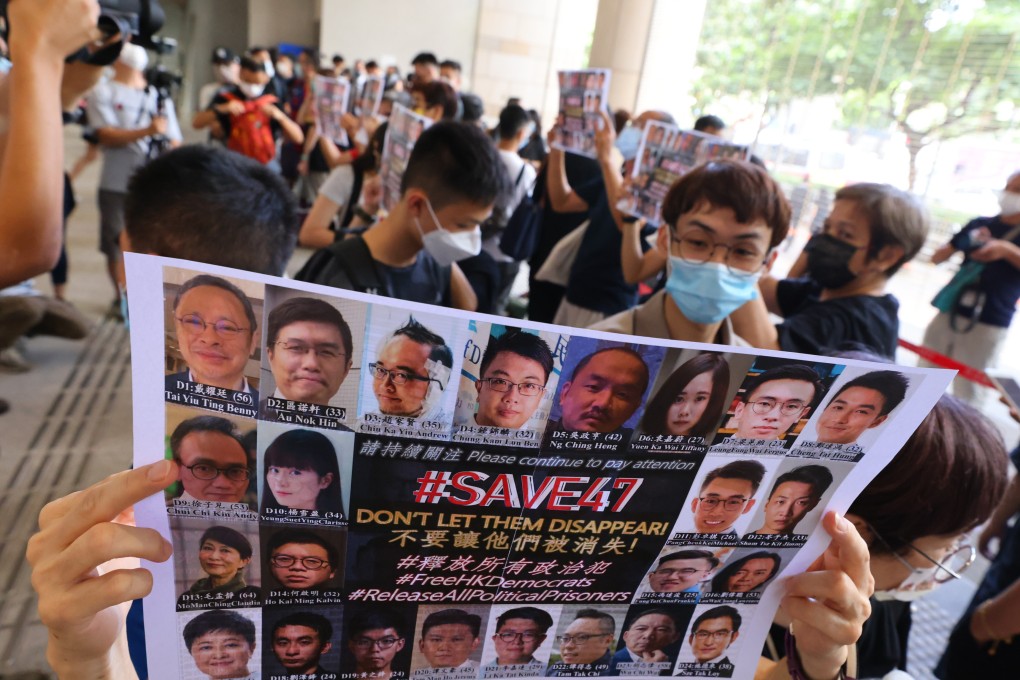My Take | More will be on trial than just the 47 opposition figures
- The important case due to begin next month will also test the reputation of Hong Kong’s justice system and its application of the national security law

The trial of 47 opposition figures accused of breaching Hong Kong’s national security law is due to begin next month. It is long overdue. More than 30 of them have already spent longer than a year in jail.
Details of this important case, involving allegations of subversion, have largely been kept under wraps because of restrictions on what the media can report. But those curbs eased this month thanks to a landmark court ruling. More information is, at last, being made available.
The trial of the other 18 will take place without a jury. Instead, it will be tried by three judges approved by the chief executive to hear national security cases.
Criminal trials held at the Court of First Instance involve serious allegations and are always tried by jury. But the national security law created an exception. The justice minister can choose to dispense with a jury for security cases.
Paul Lam Ting-kwok cited two justifications for taking this step in the case of the 47, the “involvement of foreign factors” and “the protection of personal safety of jurors and their family members”.
